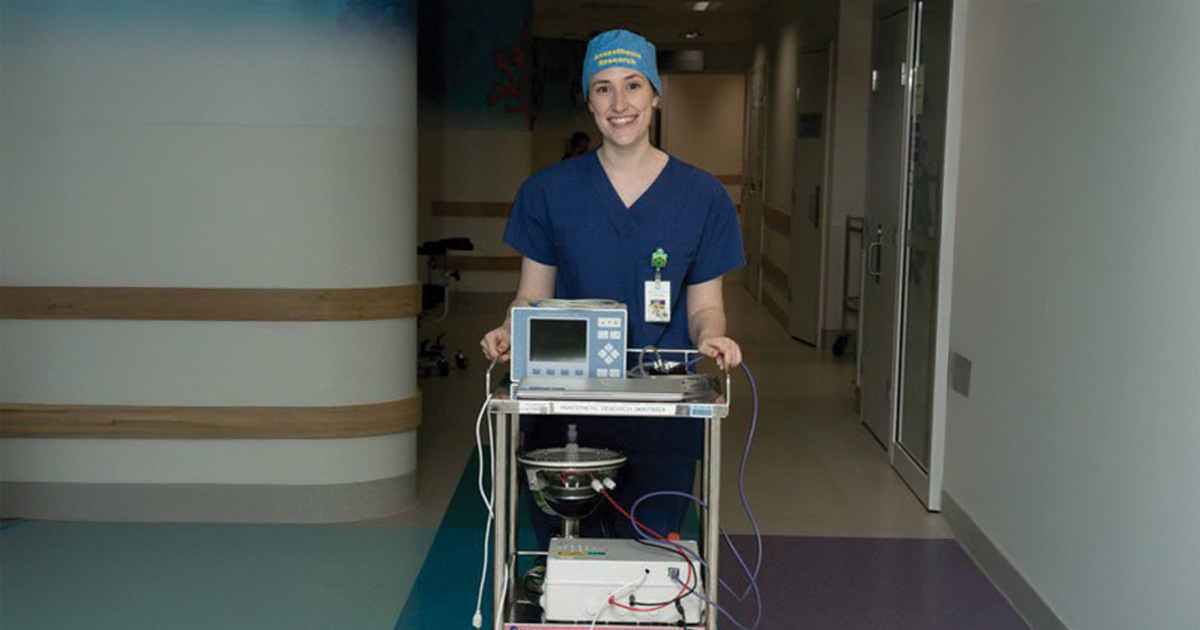Search
Showing results for "Professor"
Research
Investigating the effects of macrolides on excessive synthesis and secretion of airway mucins using novel ex vivo and in vivo approachesAlexander Larcombe BScEnv (Hons) PhD Honorary Research Fellow Honorary Research Fellow Associate Professor Alexander Larcombe began work at The Kids

News & Events
WA Kids Cancer Centre researchers appointed to Brain Cancer Expert Advisory PanelDr Jessica Buck and Associate Professor Raelene Endersby have been appointed to the prestigious Australian Brain Cancer Mission Expert Advisory Panel.
Research
The Effects of Interpregnancy Intervals, Family Size & Sociodemographic Factors on Child Development Outcomes at Age 5This project will investigate the effects of the time interval between pregnancies (interpregnancy interval), family size and other sociodemographic factors on child development outcomes at age five.
Research
House dust mite allergens in asthma and allergyIgE antibodies in house dust mite (HDM) allergy follow a predictable pattern. Half are directed against two dominant allergens and the remainder largely against

News & Events
Flu jab for school kids best defence from virus, experts sayUp to 40,000 influenza cases could be prevented in Western Australia this winter if more primary school-aged children were vaccinated, researchers at The Kids Research Institute Australia have found.

News & Events
World-first video trial to help babies at risk of autism thriveVideo technology is helping researchers learn more about the early communication style of infants with a family history of autism, ADHD or intellectual disability.
Research
Genome-wide association study of vitamin D levels in children: replication in the Western Australian Pregnancy Cohort (Raine) studyThis genome-wide association study (GWAS) utilises data from the Western Australian Pregnancy Cohort (Raine) Study for 25-hydroxyvitamin D (25(OH)D) levels...
Research
TANGO2 binds crystallin alpha B and its loss causes desminopathyMutations in the TANGO2 gene cause an autosomal recessive disorder characterised by developmental delay, stress-induced episodic rhabdomyolysis, and cardiac arrhythmias along with severe metabolic crises. Although TANGO2 mutations result in a well characterised disease pathology, the function of TANGO2 is still unknown.

When kids are having surgery, the most common problem that can occur during anaesthesia is a respiratory adverse event.

People
Kiralee PaineResearch Assistant in the PLAYCE (Play Spaces and Environments for Children’s Physical Activity, Health & Development)
